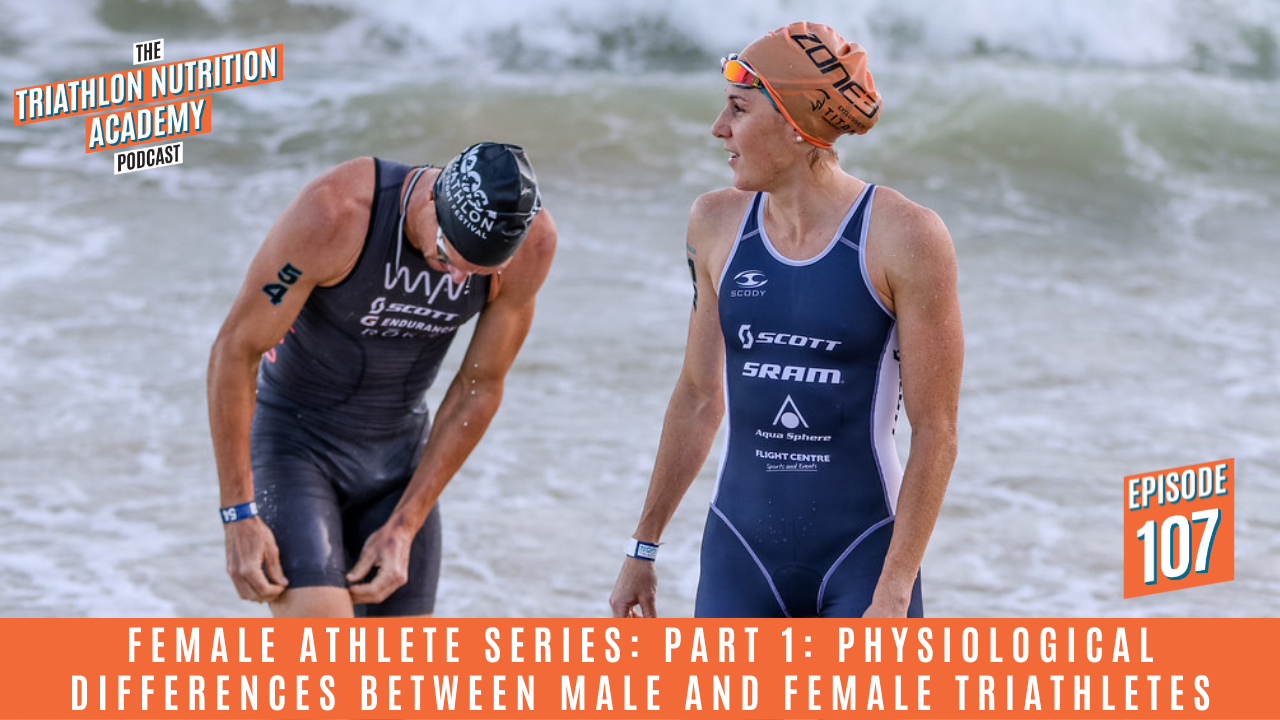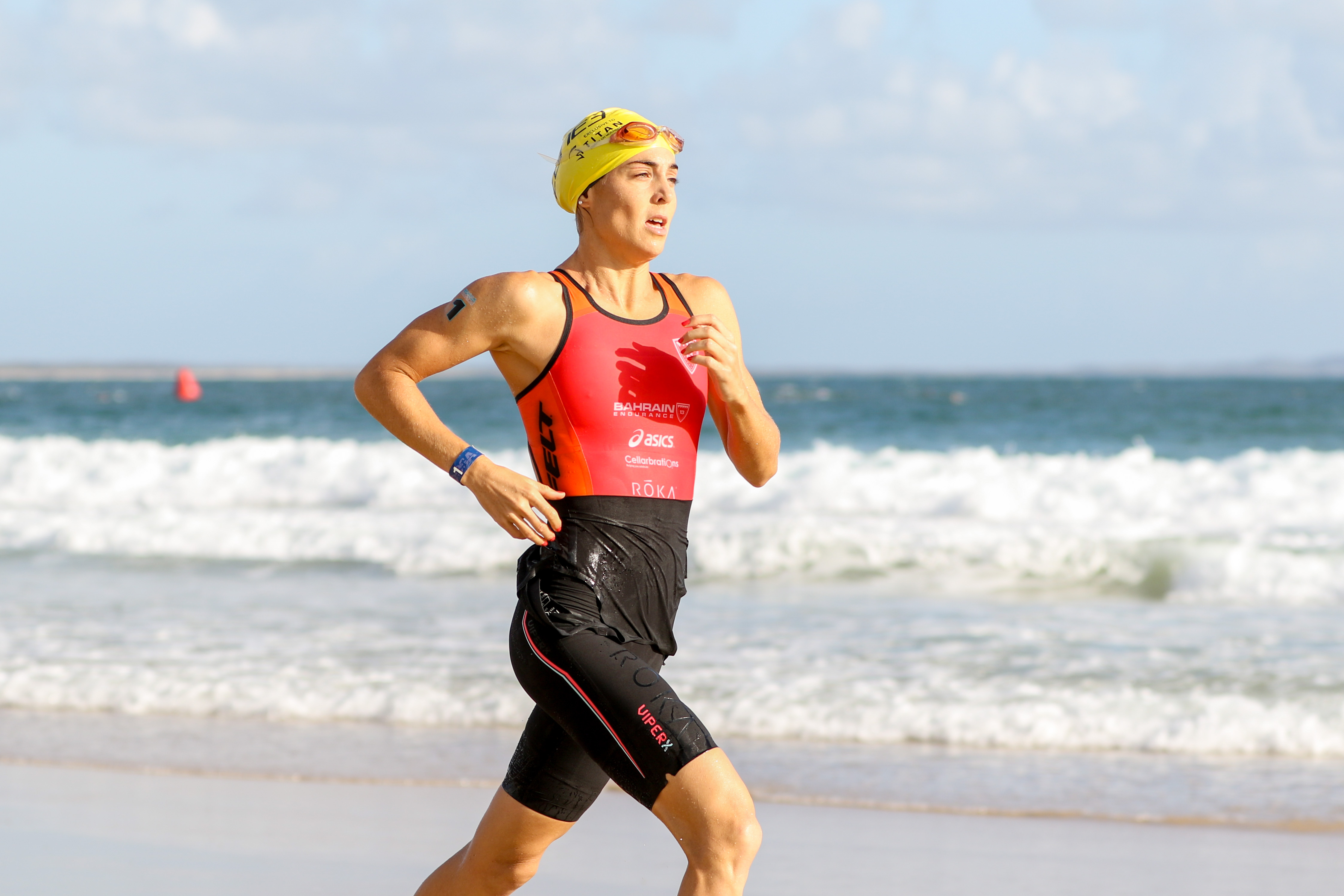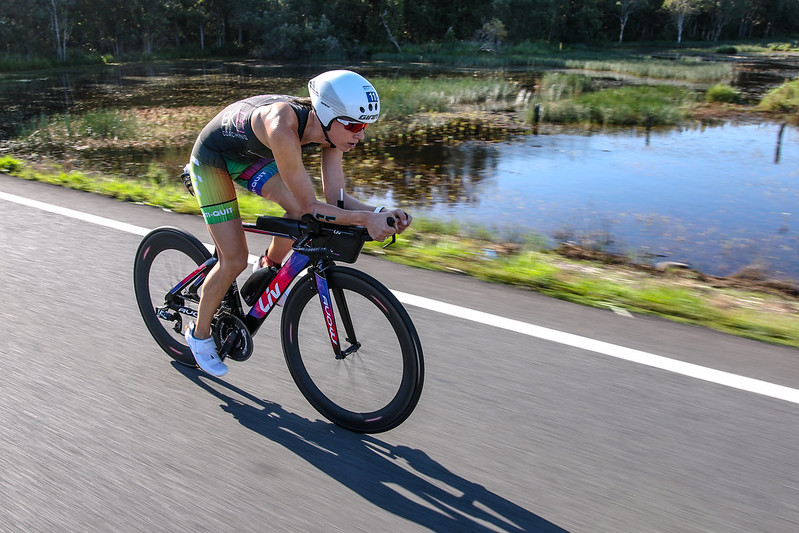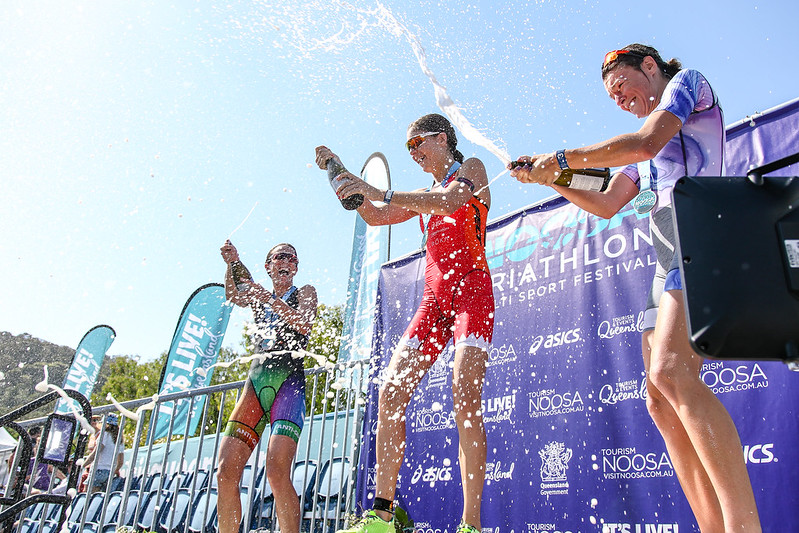Female Athlete Series: Part 1: Physiological Differences Between Male and Female Triathletes

In the dynamic realm of women's athletics, remarkable physiological distinctions set female athletes apart from male. Diving into these intricacies unlocks a world of potential, achievements, and empowerment.
Let's dive into the physiological differences that distinguish male and female athletes.

Evolving Research Landscape: From 2020 Onwards
The landscape of research concerning female athletes has undergone a profound transformation, particularly since 2020. The global pandemic spotlighted the distinctive needs and challenges faced by female athletes, prompting experts and researchers to venture into this uncharted territory.
As we journey through this series, a spotlight shines on the specific requirements of female athletes in areas such as training, nutrition, and coaching.

Shifting the Focus: Filling the Gaps
Historically, sports science research leaned heavily toward male athletes.
While studying women presents challenges due to their unique physiology, experts are steady in their mission to unearth truths and provide tailored recommendations that cater specifically to female athletes.
The disparity in performance between male and female athletes remains a fascinating subject of study. Across disciplines and race distances, this gap ranges from 10 to 20%, a testament to the diverse potential and challenges inherent in female athletics.
Over time, the performance gap between male and female athletes has progressively narrowed. In 1990, the gap stood at around 15%, indicating female athletes were approximately 15% slower than their male counterparts. By 2011, this gap had dwindled to a mere 11%, highlighting significant progress.
The Kona World Championship, an Ironman Distance event, offers a glimpse into this evolution. In 2018, an exceptional bike performance by Daniella resulted in a mere 4% difference between male and female athletes. This translated to an overall performance gap of just 7.1%, showcasing the remarkable strides female athletes are making.
Physiological Distinctions
Understanding the unique physiology of female athletes unveils the factors that shape their performance strengths and challenges.
Females naturally carry a higher body fat percentage, a biological adaptation linked to their reproductive role. This extra body fat serves as protection for internal organs, especially during pregnancy. Elite female athletes often possess 7 to 12% more body fat than their male counterparts, showcasing the role of adaptation in competitive settings.
In terms of muscle mass, males hold an advantage due to testosterone's muscle-building effects. This is particularly evident among male triathletes, who boast greater muscle mass, strength, and lower relative body fat compared to their female counterparts.
VO2 Max, a pivotal measure of aerobic capacity, tends to be lower in females even after accounting for exercise type and body composition.
Fascinatingly, lactate threshold remains consistent across genders, indicating equivalent ability to enhance muscle mitochondria through training.
Thermal regulation is another area where females shine. Their smaller body size enables them to handle hot and humid conditions better than males, especially in activities like running.
Female athletes excel in fat oxidation during endurance exercises, which has implications for longer events where efficient fuel utilisation becomes crucial.

Hormonal Influence
The female body's hormonal fluctuations significantly impact training, recovery, and dietary choices. The monthly dance of hormones creates a roller-coaster effect, affecting performance, sleep, recovery, and food preferences. Understanding these fluctuations is key to optimising training across the menstrual cycle.
Individuality: Coaching and Nutrition
Coaching and nutrition for female athletes require a personalised approach, considering the uniqueness of each athlete's body response. Embracing this individuality while leveraging the growing body of research in female physiology is paramount.

📸 @stefhansonproductions
Paving the Way
This journey into the science behind female athletes is a celebration of discovery and empowerment. By learning about the nuances that define female performance, we're reshaping the landscape of sports science in a more inclusive and informed manner. Stay tuned for the upcoming segment in the series, where we'll explore the realm of female athlete nutrition.




